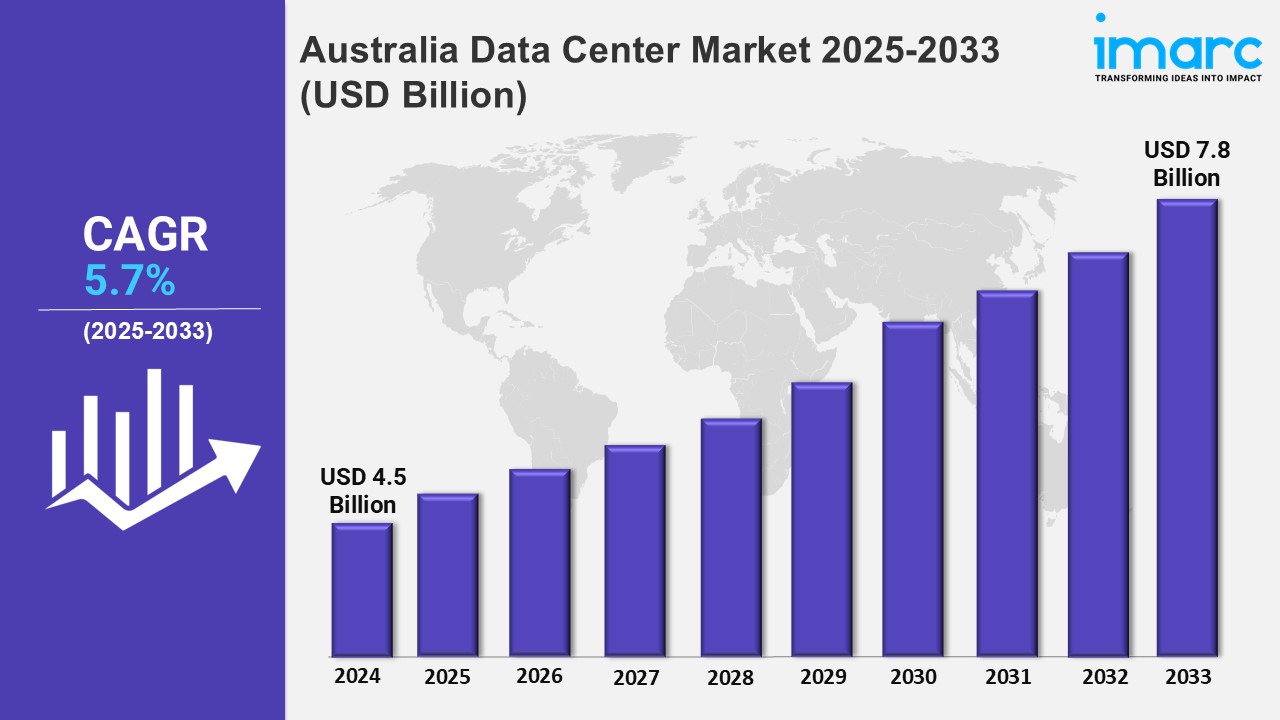The food delivery industry has seen remarkable growth in recent years. According to Statista, the global online food delivery market size was valued at $151.5 billion in 2021, and it is projected to grow at a 19.9% compound annual growth rate (CAGR) from 2022 to 2028. As more consumers turn to mobile apps for food delivery, building a scalable platform is crucial for success. A Food Delivery App Development Company plays a pivotal role in ensuring that your platform can handle increasing demand without compromising on performance or user experience.
The Importance of Scalability in Food Delivery Platforms
Scalability is a critical factor for any food delivery platform aiming for long-term success. As your business grows, your platform must be able to handle a larger number of orders, users, and restaurants without experiencing slowdowns or downtime. A platform that can scale effectively ensures a smooth experience for both customers and restaurant partners, leading to higher satisfaction and retention rates.
Why Scalability Matters
- Increased Demand: With the growing popularity of food delivery services, your platform must be able to handle a surge in users, particularly during peak times like holidays or weekends.
- Global Expansion: As your service expands to new regions or countries, scalability allows you to easily adapt the platform to handle different languages, currencies, and regulations.
- Consistent User Experience: A scalable platform ensures that users, whether accessing the app from a mobile phone or desktop, have a consistent and reliable experience.
Key Features of a Scalable Food Delivery Platform
To achieve scalability, it’s important to understand the key features that contribute to a food delivery platform’s growth and adaptability. An expert food delivery app development company will focus on these aspects when building your platform.
1. Cloud-Based Infrastructure
Cloud-based platforms are ideal for scalability. They provide flexibility and allow your platform to expand resources on demand, ensuring that it can handle increased traffic without crashing. Cloud computing services like Amazon Web Services (AWS) and Google Cloud Platform (GCP) offer tools to optimize performance, enhance security, and manage data efficiently.
2. Modular Architecture
A modular architecture allows different components of the platform to function independently of one another. This means that you can easily upgrade or modify individual modules, such as the order processing system or payment gateway, without affecting the entire platform. Modular architecture ensures that your platform can evolve with changing business needs, making it easier to add new features or scale up without disrupting existing functionality.
3. Real-Time Tracking
Real-time tracking of both deliveries and orders is a vital feature for modern food delivery platforms. It provides transparency for customers, keeps them engaged, and helps with logistics. The system should be built in a way that allows the addition of new delivery locations and tracking routes as the service expands, ensuring that scalability is not compromised.
4. Efficient Order Management System
A key aspect of a scalable platform is a robust order management system (OMS). An OMS that can process, update, and track thousands of orders at once is crucial for large-scale operations. By automating various aspects of order management, such as payment processing, inventory updates, and notifications, the system can handle higher volumes without human intervention.
5. Push Notifications and Alerts
Push notifications are essential for keeping users informed about their orders, offers, and updates. A scalable food delivery platform needs to support an increasing number of notifications as the user base grows. This feature allows businesses to stay connected with users, driving customer engagement and improving user experience.
6. Multi-Platform Integration
As the food delivery market expands, customers access services from a variety of devices. A scalable platform should be compatible with both iOS and Android, as well as provide a responsive website for users who prefer desktop access. Multi-platform support ensures that your service reaches a wider audience without losing performance or functionality.
Also Read: From Concept to Launch: How a Food Delivery App Development Company Brings Your Idea to Life
The Role of an Expert Food Delivery App Development Company
Partnering with a food delivery app development company is crucial for building a platform that can scale effectively. These companies possess the technical expertise needed to build a reliable, high-performance app. Here’s how an expert development company can make your platform scalable:
1. Tailored Solutions for Business Growth
Every food delivery platform has unique needs. A reputable food delivery app development services provider understands the specific challenges and requirements of your business and tailors the platform to meet those needs. They work with you to design a scalable solution that can adapt to your business growth, ensuring long-term success.
2. Choosing the Right Technology Stack
Selecting the appropriate technology stack is essential for building a scalable platform. An expert app development company uses modern frameworks and technologies that enable your platform to grow. Technologies like React Native, Node.js, and MongoDB are popular for their scalability and flexibility.
3. Seamless Integration with Third-Party Services
As your platform scales, you will likely need to integrate third-party services like payment gateways, mapping services, and marketing tools. A skilled development company ensures that these integrations are seamless, secure, and scalable. This enables your platform to function efficiently even as the number of third-party services increases.
4. Optimizing Performance for High Traffic
When building a scalable food delivery app, performance optimization is key. An experienced food delivery app development company focuses on optimizing the backend and frontend performance, ensuring that the platform can handle a large number of concurrent users and transactions. Techniques like load balancing, caching, and CDN (Content Delivery Network) usage are applied to improve site speed and reduce latency.
5. Security Considerations
Security is a top priority when scaling a food delivery platform. A development company will ensure that security measures, such as data encryption, secure payment gateways, and regular security audits, are in place. As your platform grows, it will attract more sensitive user data, making robust security features essential.
6. User-Focused Design
A scalable platform needs to be user-friendly across all devices and interfaces. The development team focuses on building an intuitive UI/UX design that scales well, offering a consistent and pleasant experience for all users. By focusing on ease of use, you can retain customers and encourage repeat business, regardless of how large your user base becomes.
Steps Involved in Developing a Scalable Food Delivery Platform
Developing a scalable food delivery platform is a multi-step process that requires careful planning and execution. Here’s a breakdown of the development phases:
1. Research and Analysis
The first step is to analyze the market, competition, and target audience. Understanding your users’ preferences and behaviors helps create a platform that meets their needs. This phase involves market research, identifying pain points, and outlining the app’s core features.
2. Design and Prototyping
Once the research is complete, the next step is designing the user interface (UI) and user experience (UX). Wireframes and prototypes are created to visualize the app’s flow and design. This allows stakeholders to review and provide feedback before development begins.
3. Front-End and Back-End Development
During the development phase, both the front-end (user interface) and back-end (server-side, database, APIs) are built. The back-end must be designed to handle the scalability requirements, with features like cloud-based storage, multi-database support, and high-performance APIs.
4. Quality Assurance and Testing
Once the platform is developed, it undergoes rigorous testing to ensure that it works seamlessly across all devices and environments. Stress testing, load testing, and usability testing are crucial to identify potential bottlenecks and areas for improvement.
5. Launch and Post-Launch Support
After testing, the platform is launched. The development company continues to monitor performance and handle post-launch support, including addressing bugs, releasing updates, and implementing additional features as the platform scales.
Also Read: How Food Delivery App Development Services Are Changing the Restaurant Industry
Challenges in Scaling Food Delivery Platforms
While scalability is essential, there are several challenges that businesses face when scaling their food delivery platforms. Some of the key challenges include:
1. Handling Increased Traffic
As your platform grows, managing traffic spikes during peak times can be difficult. A scalable infrastructure with load balancing and caching mechanisms is critical to handle increased demand.
2. Managing Multiple Locations and Currencies
Expanding to new regions means dealing with different currencies, languages, and local regulations. A scalable platform should be able to handle multiple locations and currencies without affecting user experience or system performance.
3. Keeping Operational Costs in Check
Scaling a food delivery platform often means handling increased operational costs, such as server expenses, marketing, and customer support. Effective resource management and cloud computing solutions can help mitigate these costs while ensuring a high-quality service.
Conclusion
Building a scalable food delivery platform requires thoughtful planning, expert development, and the right technology stack. Partnering with a food delivery app development company ensures that your platform is equipped to handle future growth, from increased user traffic to global expansion. By focusing on scalability, user experience, performance optimization, and security, you can create a platform that not only meets the needs of today’s users but is also prepared for the demands of tomorrow’s market.
Investing in food delivery app development services that prioritize scalability will position your business for success in an ever-growing industry. As consumer demand for food delivery continues to rise, a scalable platform is essential to maintaining performance, improving customer satisfaction, and staying ahead of the competition.



